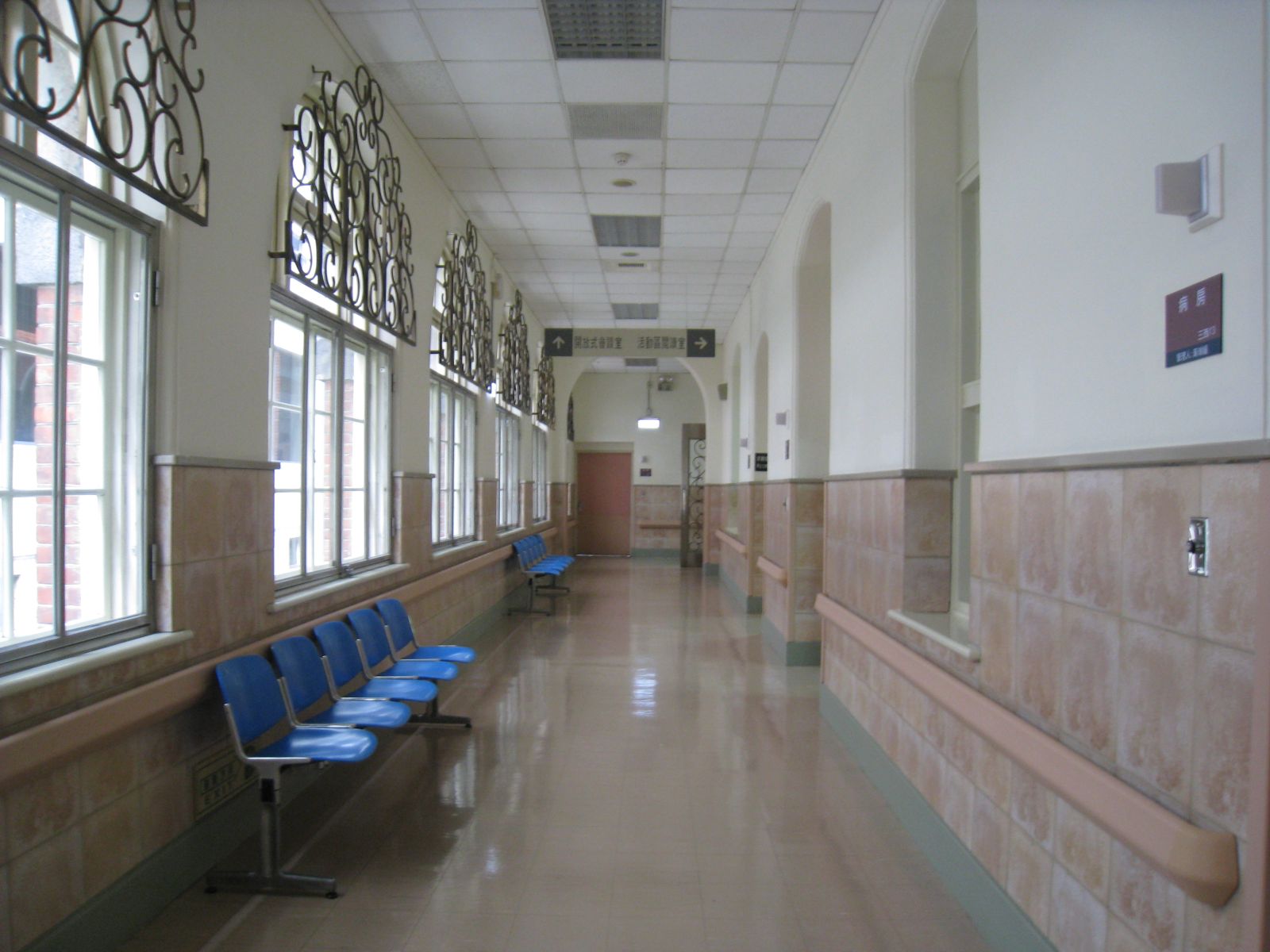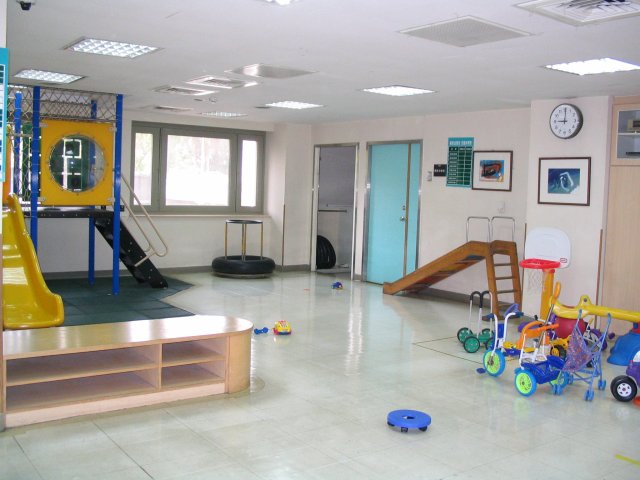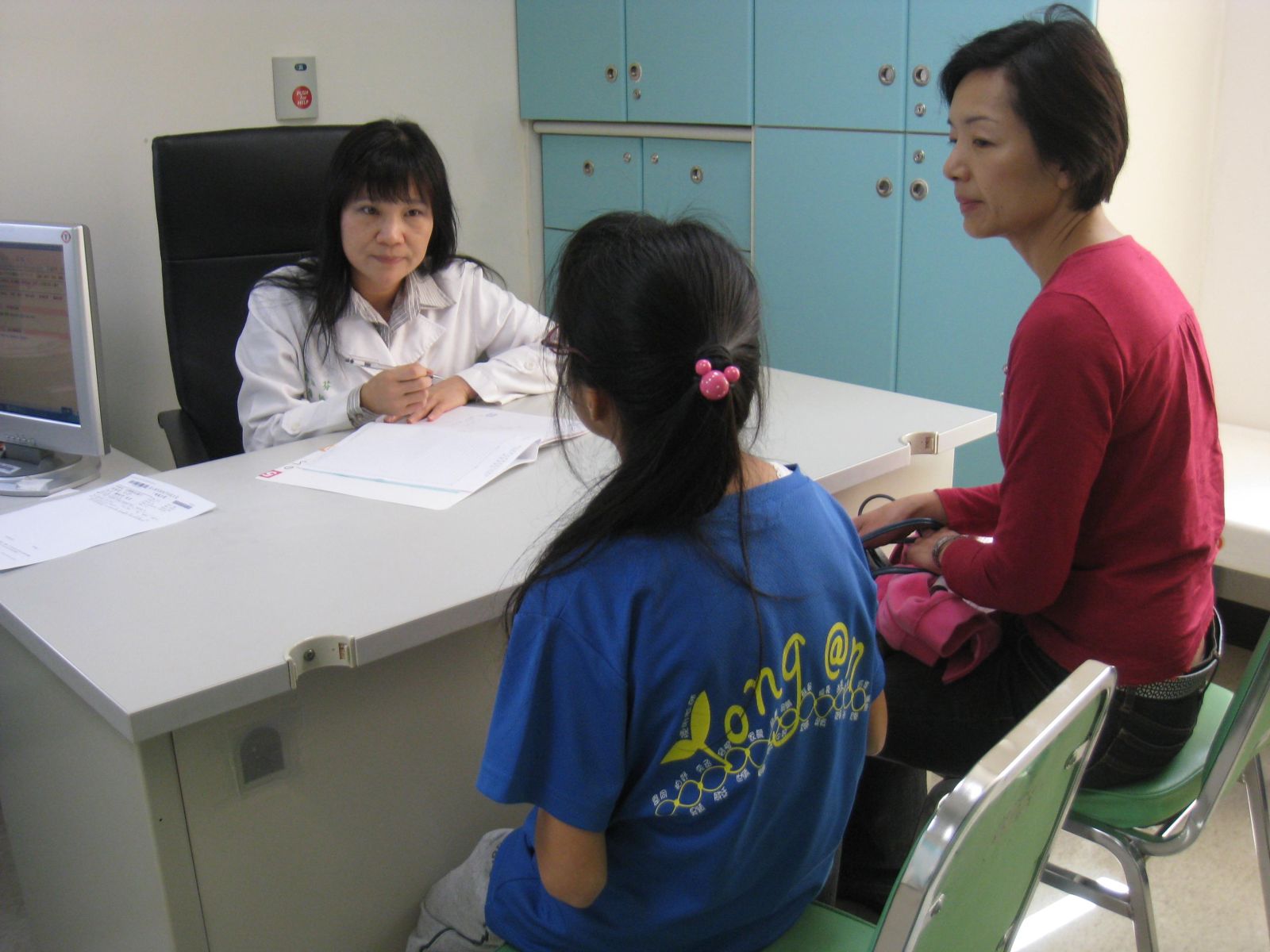Introduce of Child Psychiatry
History
With the support of the WHO and USAID, the Department of Neuropsychiatry, National Taiwan University Hospital (NTUH), opened its child psychiatry clinics in 1953. The Taipei Children's Mental Health Center (CMHC) was co-established by the NTU College of Medicine and the Department of Health, Taiwan, R.O.C., followed by the initiation of a child daycare program in April 1967, which has focused on preschoolers with autism since 1970. The CMHC was included in the Department of Psychiatry, NTUH in 1973. In 1980, the Department of Neuropsychiatry was divided into the Department of Neurology and the Department of Psychiatry. The Department of Psychiatry was organized into three divisions, including child psychiatry, in 1993. A summary of current clinical services and research at the CMHC is provided below.
Clinical Services
Outpatient Service
The mission of the CMHC is to provide effective multi-disciplinary interventions for children and adolescents with emotional or behavioral problems. In the first two decades of service, mental retardation was the most prevalent diagnosis at CMHC, followed by autism. For the past two decades, the proportion of ADHD has increased rapidly. The CMHC team consists of four attending child psychiatrists, two fellow psychiatrists, two to four residents, four psychologists (two at 1E2), one occupational therapist (1E2), and one social worker. We provide integrated services, including clinical assessments and diagnosis, counseling, psychotherapy (including play therapy and behavioral therapy), pharmacotherapy, early intervention, psychological assessment, family interviews, family function assessment, and counseling and referral to social resources. School visits and case conferences are implemented if advanced assessments and communication in the school context are needed. Self-administered and clinician-administered rating scales have been used to assist in clinical diagnosis, to screen for cases, and to evaluate treatment effects at the CMHC for decades. We currently use the following scales to assess child development (CCDI, DDST), nonverbal reasoning ability (CPM, and SPM), ADHD-related symptoms (CTRS-R-S, WWPAS, CPRS-R-S, and SNAP-IV), temperament (infant and child temperament scale), and autistic symptoms (Clancy scale). Moreover, we also evaluate physical and psychological development, family functioning, interpersonal relationships, mental status, learning ability, academic performance, and the context and consequence of behavioral problems to achieve a dynamic formulation of the clinical diagnosis. Drawing and playing are other interview and therapeutic skills for patients at a young age or inadequate verbal expression. In addition, we also provide regular psycho-education groups for parents of children with autism and ADHD to improve the parents’ understanding of their children’s characteristics as well as to establish a positive and nurturing parent-child relationship.
From 1982 onward, our clinic services included first-visit clinics and return clinics. Only a limited number of patients (less than six now) are allowed for each first-visit clinic so that the visiting psychiatrists will have sufficient time to conduct a complete clinical assessment and maintain the quality of their clinical teaching. Currently, first-visit patients can make an appointment by either online or walk-in registration, and return visitors can schedule appointments in a pre-registered manner.
Day Care Services
Established in 1967, the Day Care Center (1E2) currently provides intervention for preschoolers with autism spectrum disorders. We developed the training programs based on behavioral theory and the developmental approach, with an emphasis on the principles of practice, daily life, interaction, and generalization. The activities include warm-up, social interaction, individual and small group intervention, and eating training. Since 1986, we have trained not only volunteers but also the parents as co-therapists to enhance intervention effectiveness and to generalize the learned skills to the home and other settings. After individual counseling and comprehensive assessments, if psychiatrists and therapists conclude that intensive intervention training is needed, and the caregivers are committed to participate in the therapy as co-therapists, these preschoolers with autism will be referred to the day care unit (1E2). Upon reaching certain planned therapeutic goals, the children can shift to kindergartens, elementary schools, or other educational units. Thereafter, we may follow them to provide continuous family counseling, emotional support and behavioral modification. Currently, our service extends to toddlers aged two and younger.
Consultation Services
We have provided consultation and emergency services for patients aged 16 and younger since the establishment of the CMHC. Attending child psychiatrists either see patients in person or supervise senior residents in evaluating patients, followed by a discussion of the diagnostic formulation and treatment plans with medical staff from other departments. We then select one of the following continuous care strategies: follow-up consultation, transfer to psychiatric wards, or referral to the outpatient clinic at the CMHC for additional therapy, based on clinical conditions.
Teaching Activities
The CMHC provides weekly teaching activities for psychiatric (pediatric) residents, psychology graduate students, occupational therapists, and social workers, including case conferences, basic reading, journal reading, and research meetings. Each trainee also receives individual supervision on clinical training.
Main Research
Attention-deficit Hyperactivity Disorder: Longitudinal, follow-up, clinical, neuropsychological, pharmacotherapeutic, brain imaging, and genetic studies.
Autism Spectrum Disorders: Clinical, neuropsycological, brain imaging, ERP, and genetic studies.



